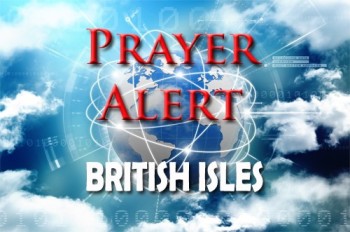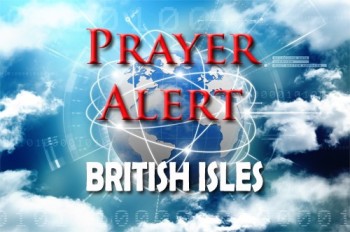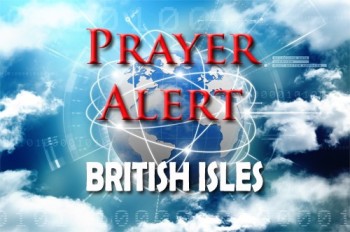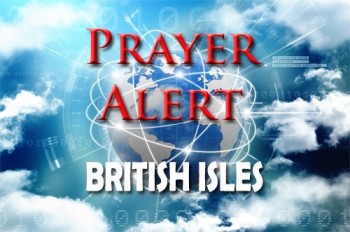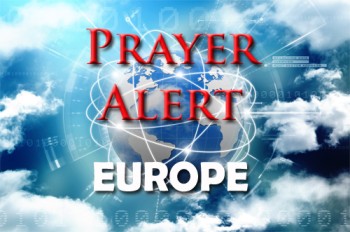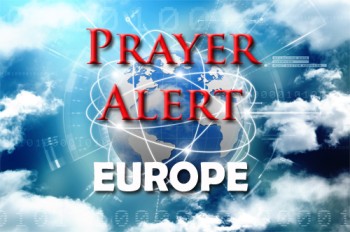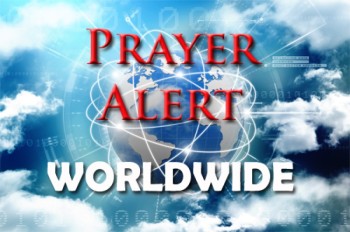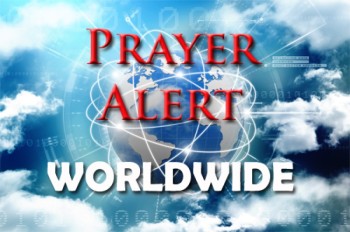Covid XEC, flu and RSV 'tripledemic' to hit UK
As winter approaches, UK health experts are warning of a potential ‘tripledemic’ involving Covid, flu, and Respiratory syncytial virus (RSV). The past two winters have seen high numbers of deaths due to flu or Covid, with December and January being the peak months. To mitigate the impact, the NHS is encouraging vaccinations, particularly for vulnerable groups like the elderly, pregnant women, and people with long-term health conditions. Over 2.8 million are eligible for the Covid jab, and 4.2 million for flu shots. These vaccines are essential not only for saving lives but also for reducing hospital admissions and alleviating pressure on NHS services. Symptoms of Covid, flu, and RSV can overlap, including fever, cough, and shortness of breath, making it difficult to distinguish between them. Vaccination, along with good hygiene practices and early diagnosis, is crucial in protecting against the severe impacts of these respiratory viruses this winter.
Last minute rush for ISAs before the Budget
Amid fears of changes to tax-free ISAs in the upcoming Budget, Britons are rushing to maximise their savings in these accounts. Concerns stem from remarks by Rachel Reeves, who previously suggested a cap of £500,000 on tax-free ISAs, sparking fears that she might target ISAs for a tax raid. As a result, investments in stocks and shares ISAs have surged; one provider reported a 156% increase in contributions in September compared to the same period last year. The number of ISA millionaires has tripled in three years, with over three thousand holding more than £1 million in their ISAs, and thousands more nearing that figure. Analysts credit this growth to the power of compounding and investing in stocks and shares rather than just relying on cash ISAs. Proposed changes could reduce the £20,000 annual contribution limit or introduce a cap, worrying investors seeking to save for their future amid an increasingly taxed environment.
Five arrested after Birmingham airport cannabis seizure
Five men have been arrested following the seizure of cannabis worth £5 million at Birmingham Airport. National Crime Agency (NCA) investigators and police apprehended the individuals, aged between 21 and 27, in Luton and London. The arrests are linked to a smuggling attempt in August, involving over half a tonne of cannabis flown into the UK from Thailand via Paris. Eleven passengers were initially detained and released on bail pending further investigations. The NCA has warned travellers arriving from countries where cannabis is legal that they face jail time if caught smuggling the drug into the UK. Cannabis seizures in the UK have tripled from 2023 to 2024, driven by organised crime groups seeking higher profits. These gangs exploit couriers for financial gain, with little regard for their safety or freedom.
Woman, 60, arrested on suspicion of manslaughter
A sixty-year-old woman has been arrested on suspicion of manslaughter following the deaths of three residents at a care home in Swanage, Dorset. The tragic incident unfolded on 23 October, leading to the evacuation of all 48 elderly residents, some with dementia; seven others were taken to the hospital. Emergency services responded swiftly, with fire crews and local volunteers providing temporary shelter and supplies for displaced residents, and the police have launched an investigation. The leader of the investigation team expressed condolences to the affected families, stressing that the arrest would help determine if gross negligence was involved. Local authorities are working to ensure displaced residents’ care needs are met. The community is deeply impacted by the incident, and local police are on hand to offer support as investigations continue.


